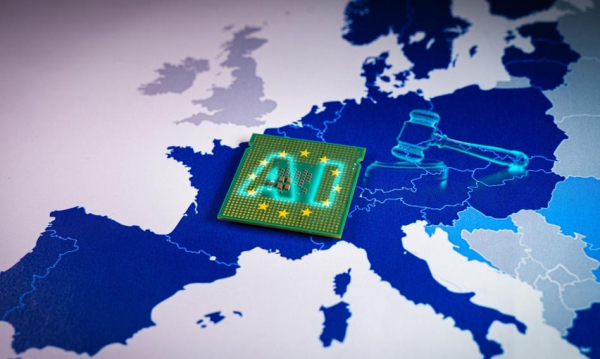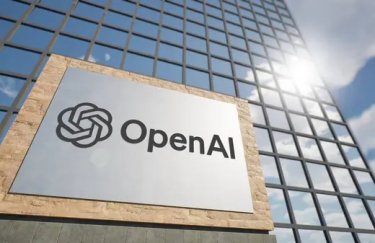The European Commission presented a continental action plan for artificial intelligence (AI) on Wednesday. The five planned pillars of action include investments in AI factories and gigafactories, as well as actions to simplify the recently adopted rules on AI.

EC President Ursula von der Leyen announced in February at the Paris AI summit that the EU intends to encourage domestic companies to make greater use of this technology. So far, 13.5% of EU companies have implemented it.
The new plan is to change that and make the EU, currently lagging behind in the technological race, more convenient for the two biggest powers, the US and China. EC Vice-President for Digital Affairs Henna Virkkunen assured a press conference in Brussels on Wednesday that the EU has the potential to become a “continent of artificial intelligence”.
The plan is based on five pillars, including building a network of AI factories and gigafactories in the EU. The locations of 13 of them have already been determined: seven in December last year and five in March; one of them will be built in Poland, at the Poznań Supercomputing and Networking Center. The centers focused on supercomputers will have the ability to process huge amounts of data, train algorithms and AI technologies that will serve both companies and EU scientists.
The EC also announced that on Wednesday it will issue a call for tenders to private entrepreneurs and European countries that would like to build AI gigafactories. These are large-scale facilities equipped with around 100,000 state-of-the-art AI chips, four times more than current supercomputers. The gigafactories are to train the most complex AI models.
At the beginning of this year, von der Leyen announced that the EU would allocate EUR 20 billion for the construction of five gigafactories under the InvestAI fund. “We know that there are already a lot of EU countries interested in building gigafactories,” Virkkunen admitted. The largest of them will be built in Germany.
The most attention was drawn to the point in the plan announcing the simplification of AI regulations. The EU adopted the new AI Act only in August last year. It divides AI technology depending on the level of risk it poses to users into: fully permissible, requiring a greater or lesser degree of supervision, prohibited. Although the regulations have not yet fully entered into force, the EC announced on Wednesday that as part of its strategy to reduce the regulatory burden on companies, it intends to discuss with investors and entrepreneurs those aspects of the regulations that could cause them difficulties. The EC has not revealed how far the loosening of the rather restrictive provisions of the AI Act could go, but there is talk in Brussels that the Commission is ready to withdraw some of its provisions.
As for the other pillars of the plan, they assume increasing access for companies and researchers to large sets of high-quality data – to this end, a comprehensive “data union” strategy is being prepared, to be launched this year. Another goal is to encourage EU companies to use AI, especially in strategic EU sectors, including automotive, energy, pharmaceuticals, public sector and health.
The last of the five points of the EC plan concerns strengthening AI skills and talent. The Commission wants to facilitate the international recruitment of highly qualified AI experts and researchers and create special skills academies. As assured by the EC, this would create legal migration paths for specialists from outside the EU, as well as encourage the best European AI scientists and experts to return to Europe.
From Brussels Jowita Kiwnik Pargana (PAP)
jovi/ akl/






